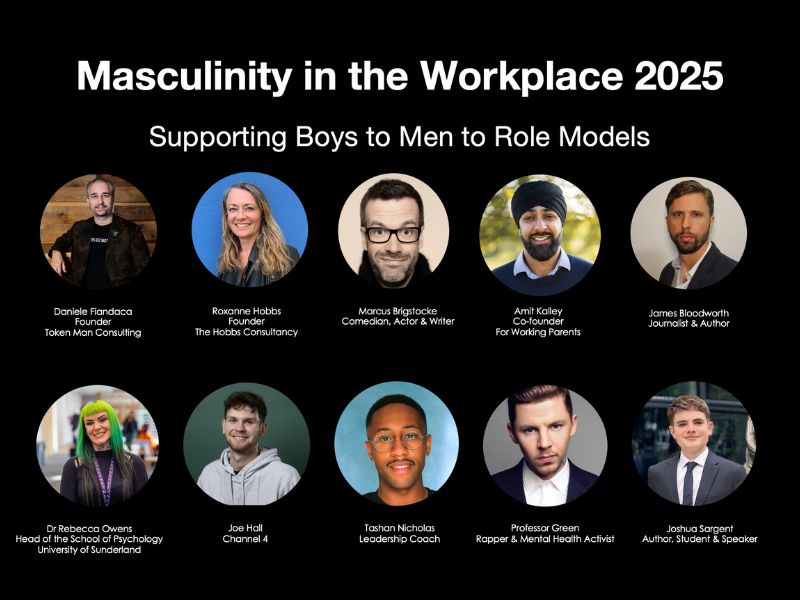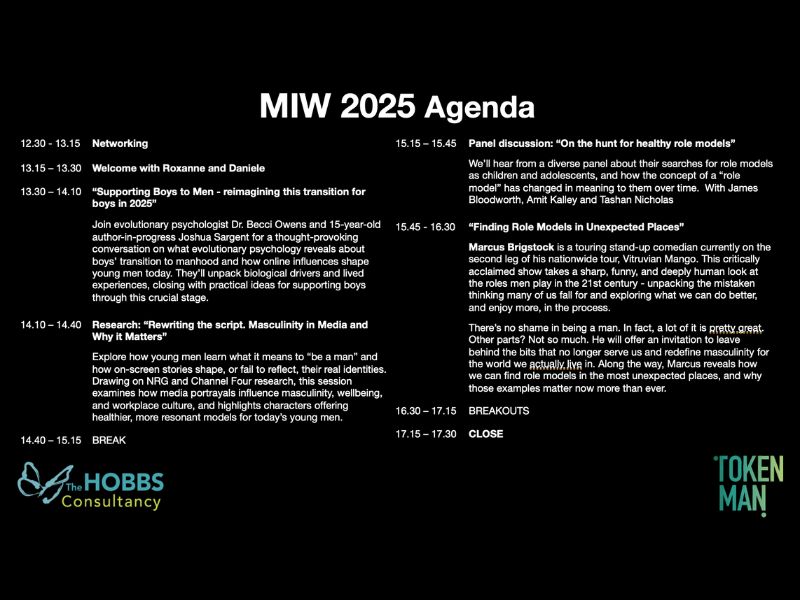
There’s a moment we all recognise. You open a website, ready to read, shop or sign up and then a box pops up asking for permission. Cookies, preferences or privacy settings, whatever name it goes by, it’s a moment of decision. Yet too often, it feels like a test rather than a choice. The language is confusing, the buttons are unclear and the trust you had starts to slip away before you’ve even begun.
Privacy is not just about policies or fine print. It’s about the feeling people get when they interact with a brand, a company or a product. That feeling of control, of knowing where their information goes and of being treated as a person, not a dataset. Privacy that people feel is emotional as much as technical. It’s shaped by the words we use, the design we choose and the respect we show.
The quiet power of clarity
When it comes to privacy, plain language matters more than ever. Complicated legal terms and endless paragraphs might tick a compliance box, but they don’t build confidence. People don’t want to decode what’s happening with their data, they just want to understand it. Saying things simply doesn’t mean losing authority. It means showing respect for the reader’s time and trust.
The best privacy statements feel like conversations, not contracts. They explain what’s being collected, why it’s needed and how to say no without pressure. When people can understand, they can choose. That choice, freely made, is what builds the foundation of trust.
How consent really flows
Consent should never feel like a trap. It should flow naturally through every interaction. That means giving people options that are easy to see, easy to change and easy to revoke. Instead of hiding choices behind confusing buttons or links, make them part of the experience.
Good design makes privacy feel effortless. It shows that consent isn’t a one-time checkbox, it’s an ongoing relationship between the user and the organisation. When people know they can adjust their settings, delete their data or opt out when they wish, they feel safe. That safety is what keeps them coming back.
Some organisations are rethinking how they ask for consent altogether. Rather than a single page full of legal text, they offer short explanations alongside every action, small reminders that explain what’s happening and why. These simple moments of honesty keep the user informed without interrupting their experience.
Plain language as an act of care
It’s easy to think of privacy policies as something you write at the end of a project, but language shapes experience from the start. Every word in a form, every label in a setting and every message in an email can reinforce or weaken trust. When the tone feels human and transparent, it changes how people engage.
Designing privacy people can feel
Privacy used to be seen as a background task for lawyers and engineers. Now it sits at the heart of how people experience technology. When privacy is built into every interaction, people feel it. They feel it in how easy it is to control their data, in the tone of a notification and in how clearly a company explains what it does.
Trust is not something you can force. It grows in small ways, through consistency, clarity and care. The organisations that lead the way in privacy don’t just meet the legal standards; they exceed them by thinking like their users. They test their language with real people. They simplify forms, reduce clicks and write with warmth. They understand that privacy is personal.
The human side of privacy
Behind every data point is a person and behind every consent box is a choice. When those choices are made with full understanding, they feel empowering.
Privacy that people feel is not about fear, it’s about freedom. The freedom to decide what to share, what to protect and who to trust. It’s a quiet assurance that someone has thought about your experience and cared enough to make it honest.
Companies that take privacy seriously don’t just avoid fines or headlines, they earn loyalty. When people feel seen, understood and respected, they stay. They tell others and they become the best kind of advocates: those who trust you enough to come back.
Takeaway
Privacy is a relationship built through simple words and honest actions. When consent flows naturally and language feels clear, trust follows. Data moves faster than ever, that kind of trust is rare and worth protecting.











